Feminist Groups Across India-Pakistan Border Issue Joint Call for Peace After Recent Hostilities
The collective argues that war disproportionately affects women, gender and religious minorities, and children, while diverting resources from essential needs like education, healthcare, and employment.
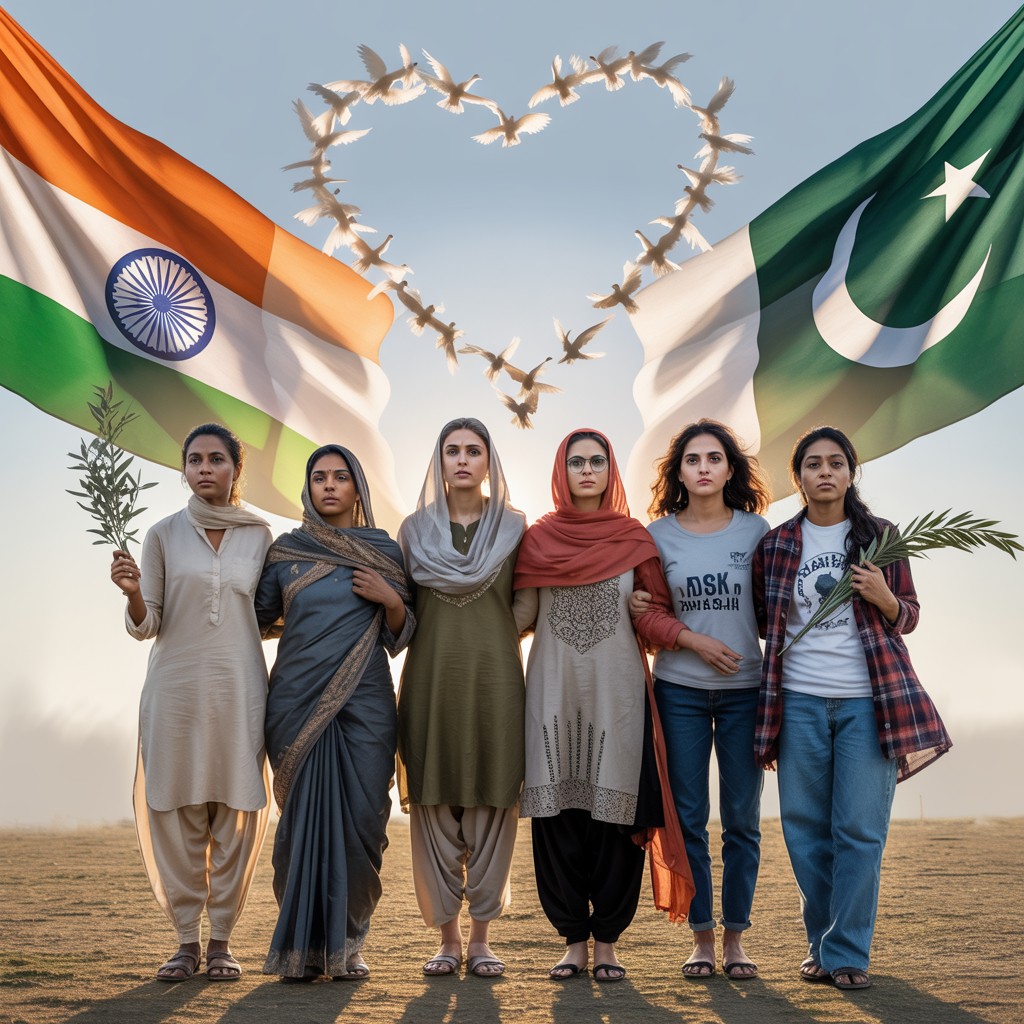
May 13, 2025 | International Affairs
In a significant development amid the recent India-Pakistan tensions, feminist organizations from both countries have issued a joint statement welcoming the May 10th ceasefire while calling for sustained peace efforts. The statement comes after a fortnight of escalating hostilities that had raised global concerns about conflict between the nuclear-armed neighbors.
Background of Recent Tensions
Tensions began following what the statement describes as a terror attack in Pahalgam, Kashmir that resulted in the deaths of 25 Indian tourists, one Nepali visitor, and one local resident. According to the feminist collective, the aftermath saw communal tensions rise within India, with incidents of anti-Muslim sentiment reportedly increasing.
"The targeted attacks deepened the communal divide between Muslims and Hindus in India and were exploited to incite hatred, fear, and calls for collective punishment," the statement reads.
Following the attack, diplomatic relations rapidly deteriorated when India suspended the Indus Water Treaty and revived previously constrained hydroelectric projects. Both nations canceled short-term visas, creating what the signatories described as "heartbreaking scenes" at the Attari-Wagah border where families were separated.
Military Escalation and Ceasefire
According to the statement, the situation further escalated approximately two weeks after the initial attack, with India conducting air strikes followed by Pakistani retaliation. Both countries subsequently engaged in drone strikes before the May 10th ceasefire was announced.
The feminist coalition criticized the naming of India's military operation as "Sindoor," calling it a "profoundly patriarchal gesture" that "erases and weaponises pain, and reduces women to bodies on which the masculinist nationalist fantasies of conquest, violence and rape are mounted."
A Call for Sustained Peace
The joint statement, endorsed by prominent feminist organizations including Saheli Women's Resource Centre from New Delhi, Women's Action Forum from Pakistan, Aurat March from Lahore, and the All India Democratic Women's Association, makes several specific demands of both governments:
- Maintaining the ceasefire and keeping communication channels open
- Conducting a joint investigation with international representatives into the Pahalgam attack
- Refraining from unilateral actions that violate existing treaties
- Prioritizing dialogue and diplomacy
- Working toward resolving "the core political issue of Kashmir that lies at the heart of the conflict"
Feminist Perspective on Conflict
The statement strongly positions feminist ideology as fundamentally opposed to militarism, stating: "We, as feminists, are fundamentally anti-war and anti-militarism. We denounce the war economy that thrives on violence and destruction, and the deeply patriarchal structures that fuel and sustain it."
The collective argues that war disproportionately affects women, gender and religious minorities, and children, while diverting resources from essential needs like education, healthcare, and employment.
Notable Individual Voices
Among the statement's individual signatories are numerous prominent academics, writers, and activists from both countries, including Urvashi Butalia, founder of India's first feminist publishing house; Syeda Hamid, former member of the Planning Commission of India; and Salima Hashmi, renowned Pakistani artist and human rights activist.
The statement highlights the example of Himanshi Narwal, widow of one of the Pahalgam attack victims, who "amid unimaginable pain still found the strength to appeal for peace" and asked people not to direct anger toward Kashmiris and Muslims. According to the signatories, she subsequently faced online harassment and vilification for this position.
Individual Endorsements (in alphabetical order)
Abha Bhaiyya, Aisha Gazdar, Amar Sindhu, Amrita Chhachi, Anita Pinjani, Anuradha Banerji, Arfana Mallah, Avantika Tewari, Ayesha Kidwai, Beena Sarwar, Chayanika Shah, Devangana Kalita, Elaine Alam, Farrah Taufiq, Farida Shaheed, Gulbadan Javed , Haseen Musarat , Huma Ahmed-Ghosh, Humaira Rahman, Iram Hashmi, Kalyani Menon Sen, Kavita Krishnan, Kausar Khan, Khawar Mumtaz, Lalita Ramdas, Madhu Bhushan, Maimoona Mollah, Malka Khan, Maria Rasheed, Mariam Dhawale, Meera Sanghamitra, Nageen Hyat, Naheed Aziz, Najam Panhwar, Natasha Narwal, Naseem Jalbani, Nasim Jalbani, Nasreen Azhar, Neelam Hussain , Nighat Said Khan, Nivedita Menon, Nuscie Jamil, Nuzhat Shirin, Pamela Philipose, Pratiksha Baxi, Raheema Panhwar, Rashida Dohad, Riffat Aziz, Rita Manchanda, Ritu Menon, Roshmi Goswami, Rozina Junejo, Rukhsana Rashid, Saba Gul Khattak, Safia Noor, Salima Hashmi, Samina Jabbar, Samina Omar Asghar Khan, Shabnam Hashmi, Shad Begum, Sheeba Chhachi, Shahnaz Rouse, Simi Kamal, Smita Gupta, Soonha Abro, Sumaira Ishfaq, Syeda Hamid, Tahira Abdullah, Tasneem Ahmar, Uma Chakravarti, Urvashi Butalia, Uzma Noorani, Vani Subramanian, Vanita Mukherjee.
International Context
The feminist coalition places the India-Pakistan tensions within a broader global context of increasing militarization, referencing ongoing conflicts in Gaza and elsewhere that have "tragically desensitising many to the true horrors of armed conflict."
The statement concludes with a call for international feminist solidarity: "We urge feminists around the world to raise their voices in solidarity and join us in resisting war and building peace. There is no time or space for complacency."
Comments
Most Read
U.S. Ambassador Expresses Interest in Visiting Koh Samui — Ranked 7th Best Island in the World by Travel + Leisure
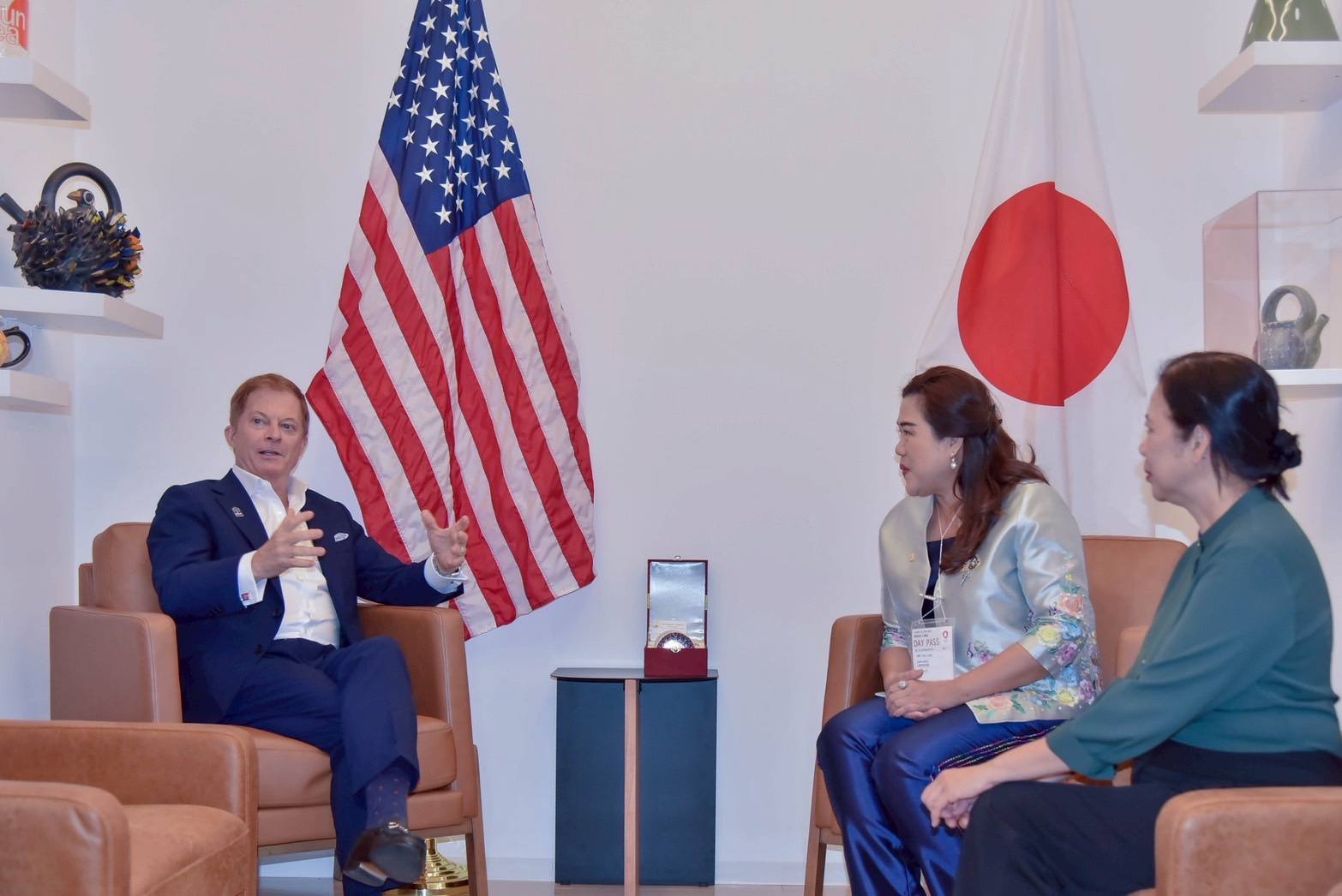
President Zardari Pays Homage to Martyred Army Officers in Bannu and South Waziristan
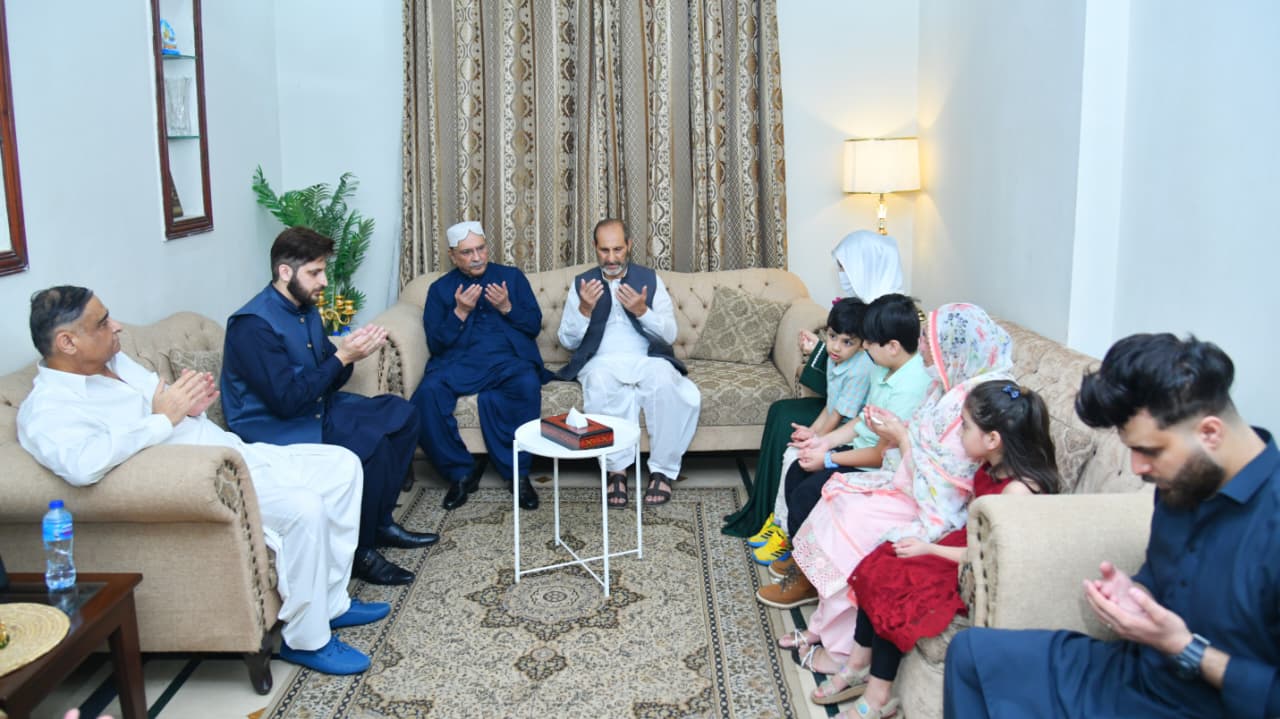
Pakistan Embassy in Thailand to Hold Khuli / E-Kachehri for Community
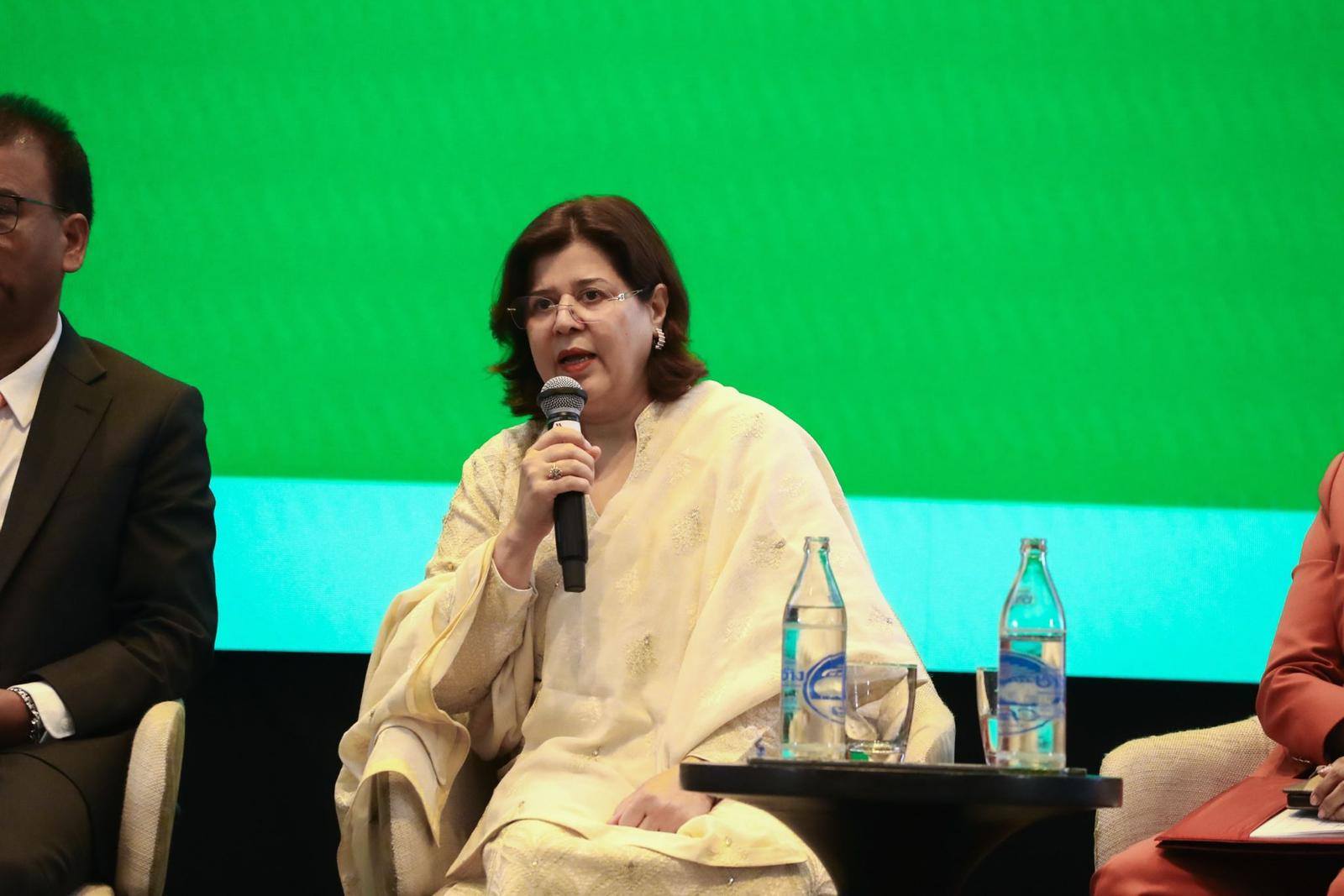
PPP Demands Agriculture Emergency and Immediate Relief for Flood Victims
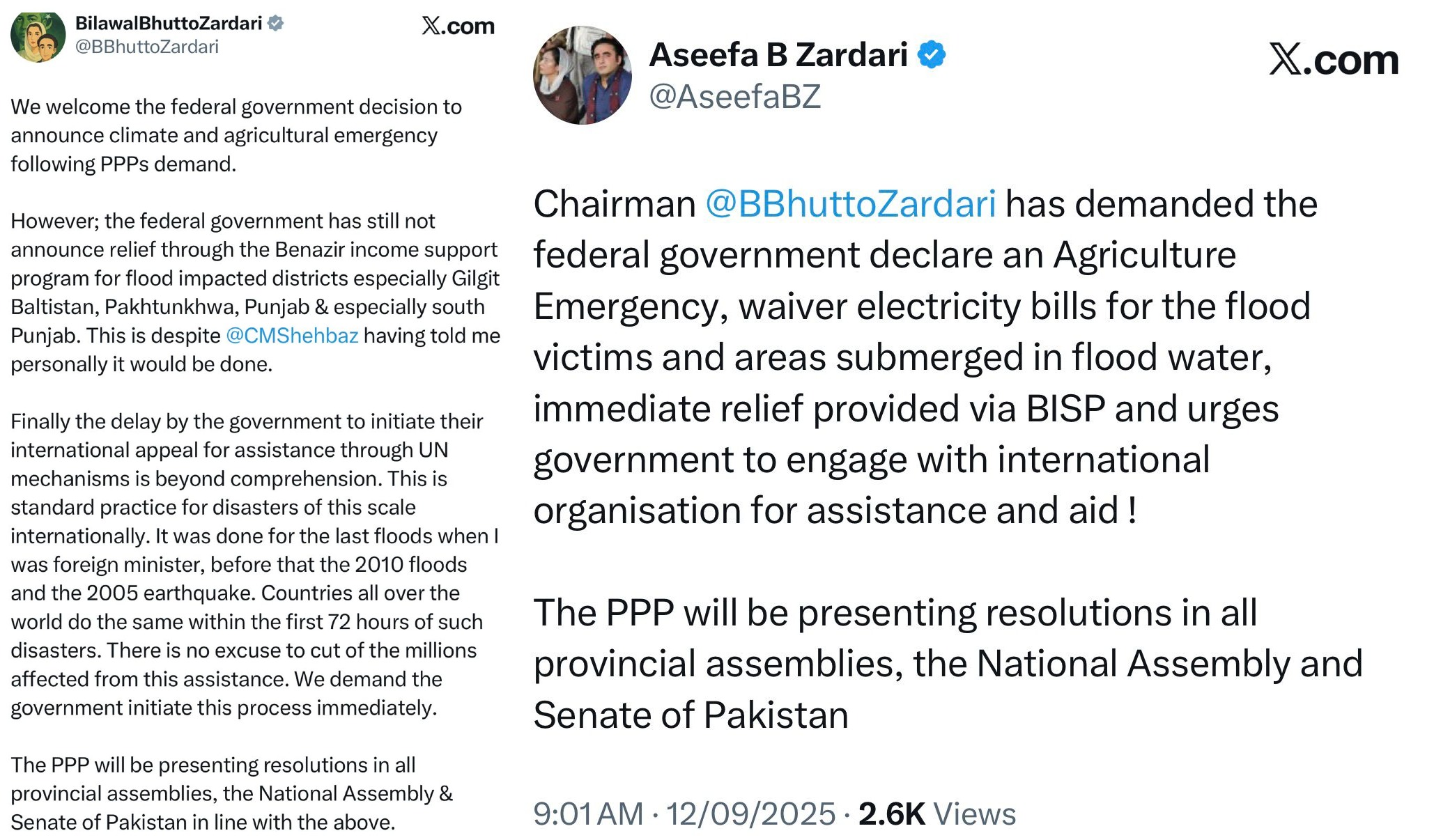
President Zardari Commends Security Forces on Elimination of Indian Proxy Terrorists
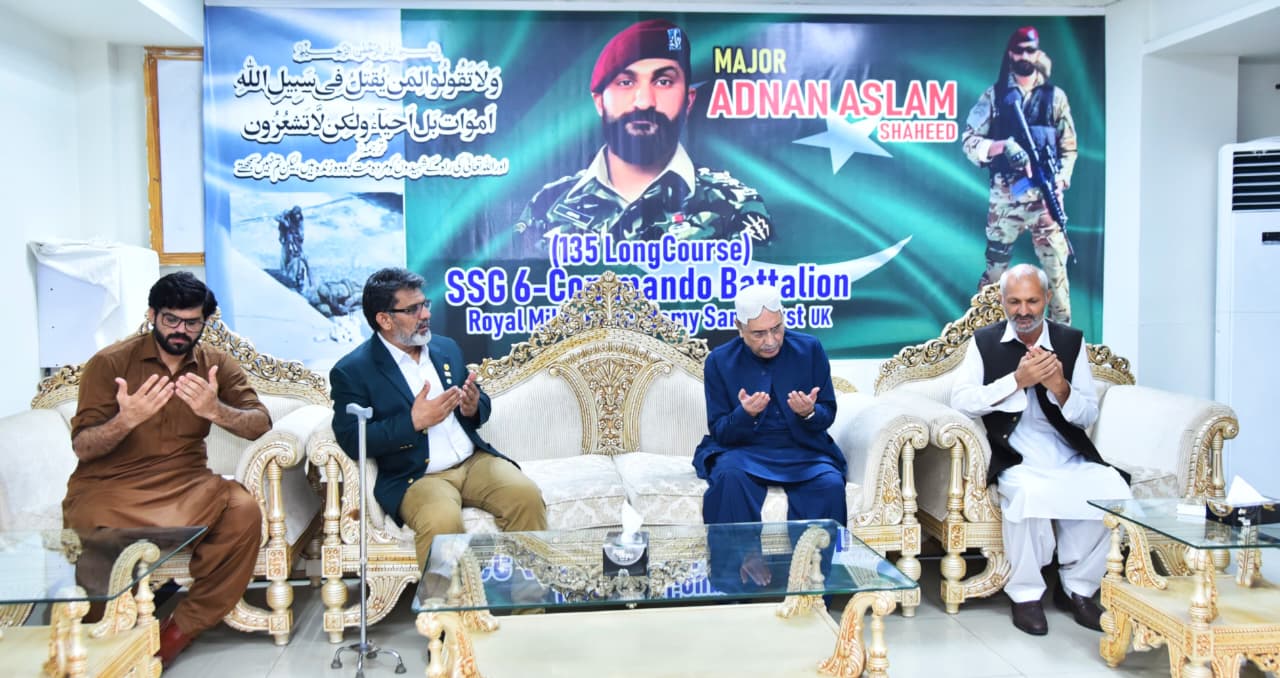
Important Seminar Held on 23rd Death Anniversary of Father of Socialism Sheikh Rashid
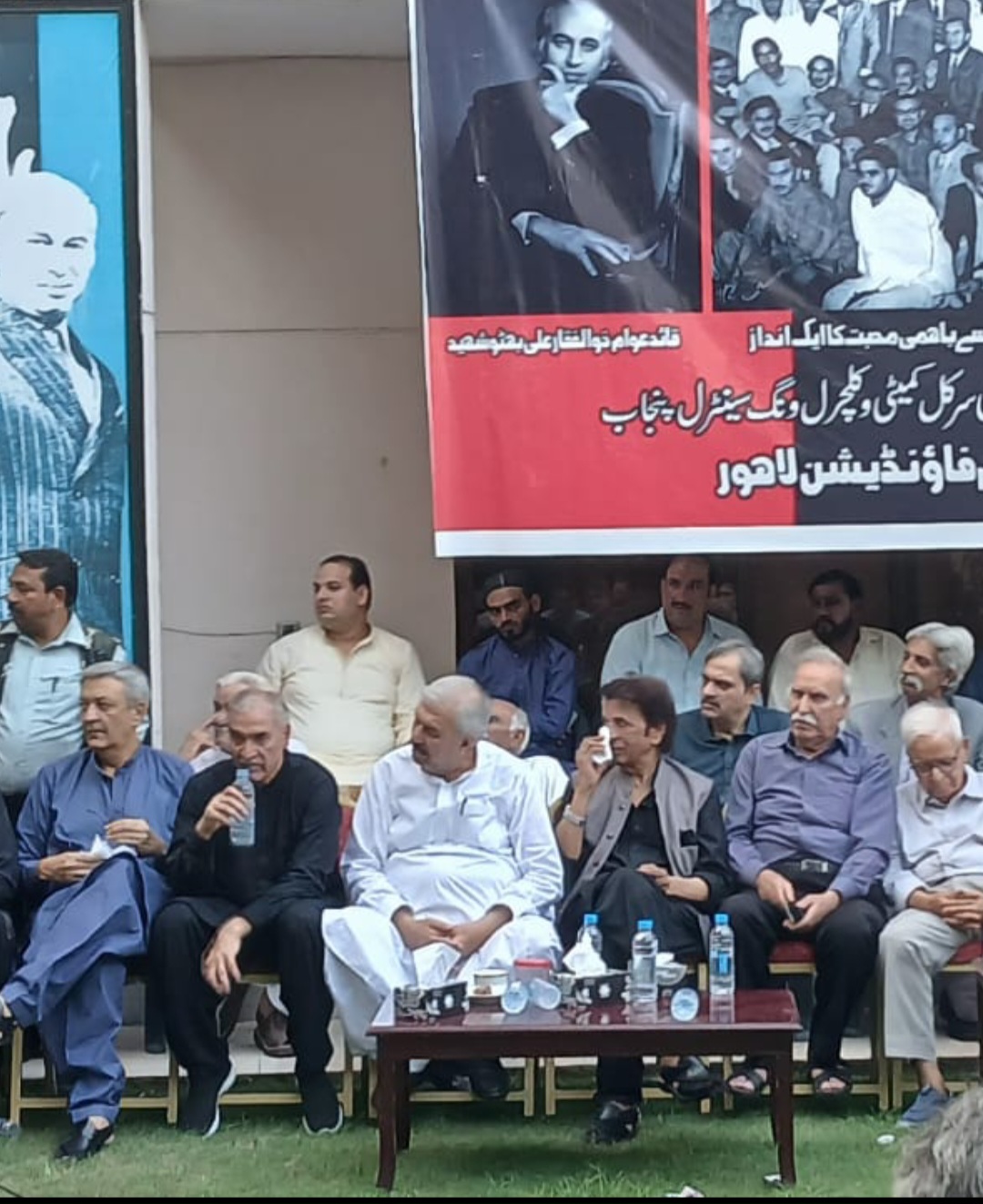
PPP Demands Government Utilize BISP Data for Flood Victim Relief Distribution
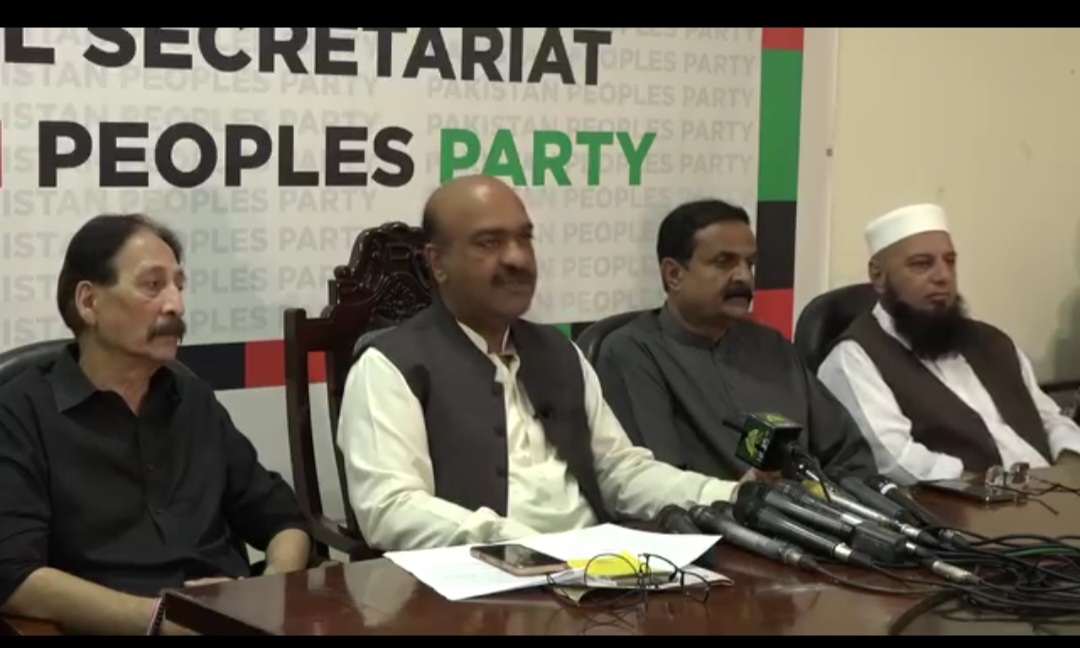

No comments yet.